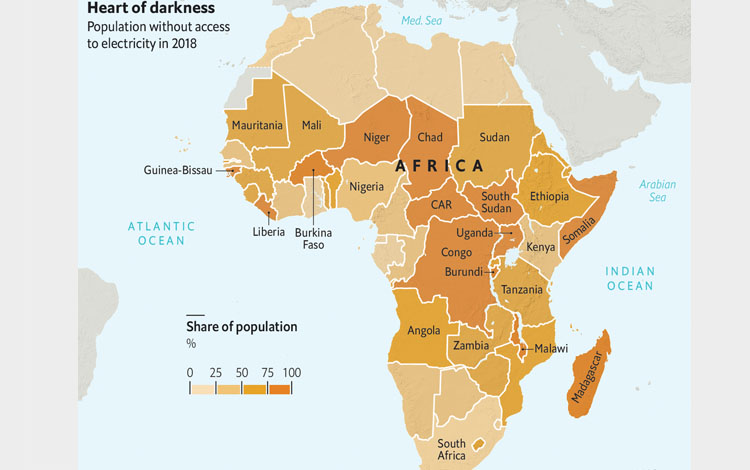(4 minutes read)
Considerable research is being done to identify such sectors that grow faster and swifter in Africa. In the pecking order, those segments are ranked based on peer reviews and analysis by several reputed agencies including the World Bank, Market Watch, Nairametrics, Tech Crunch, Africa Business Communities, etc.
What are the businesses that are fast catching up in Africa? Considerable research is being done to identify such sectors that grow faster and swifter in Africa. In the pecking order, those segments are ranked based on peer reviews and analysis by several reputed agencies including the World Bank, Market Watch, Nairametrics, Tech Crunch, Africa Business Communities, etc.
The foremost place is occupied by the financial technology business. It outshines many startups in the African continent with problem-solving innovations. According to TechCrunch, Africa is the world’s second-fastest-growing and profitable payments and banking market after Latin America. The continent is home to over 500 financial technology firms, most in Nigeria, followed by South Africa and Kenya. One reason for the growth of this sector is the large segment of people who are outside the purview of the banking system. About 66% of Sub-Saharan Africa’s population is unbanked, according to the World Bank. Technology can be leveraged to modify, automate and enhance financial services for consumers and businesses. According to Business Elites Africa, 75% of Nigerian financial technology startups earn an average of US$5 million annually. The sector will continue to grow with internet penetration and smartphone usage.
Next comes the food business. Africa’s food industry recorded a growth of 3.6% in 2020-21 and 3.9% in 2021-22. Factors that led to growth in the sector are high demand for packaged food and unprecedented growth in frozen and dairy products. Also, issues like low purchasing power and the Russian-Ukraine war are pushing up food prices benefiting entrepreneurs in the segment.
Next comes the real estate business. There is a high demand for commercial and residential properties, driven by population growth. This is particularly true in Nigeria and Egypt. Nigeria’s real estate market grew by 1.77% in 2021 and 10.84% in the first quarter of 2022, whereas the Egyptian real estate market generated US$10 billion, representing a growth of 8% in 2021. Kenya’s real estate market rose by 5.2% in Q3 2021 and is projected to grow by 5.9% in 2022.
Growth in electronic commerce is appreciable, particularly with the internet penetration in the continent. Africa’s e-Commerce ventures secured funding of more than US$256 million in 2021, representing a 40% growth from 2020, and are expected to generate annual revenue of US$46.1 billion by 2025.
Read Also:
https://trendsnafrica.com/emirates-expands-its-connections-to-africa/
https://trendsnafrica.com/pan-african-bank-uba-group-opens-a-new-branch-in-dubai/
Next comes the logistic business. It is growing smartly in countries like Mauritius, South Africa, Ethiopia, Ghana, Kenya, and Nigeria, entrepreneurs earn considerable rewards in the industry. Nigeria’s Logistics and Freight Market is expected to grow with a compound annual growth rate (CAGR) of over 3% from 2022 to 2027.





